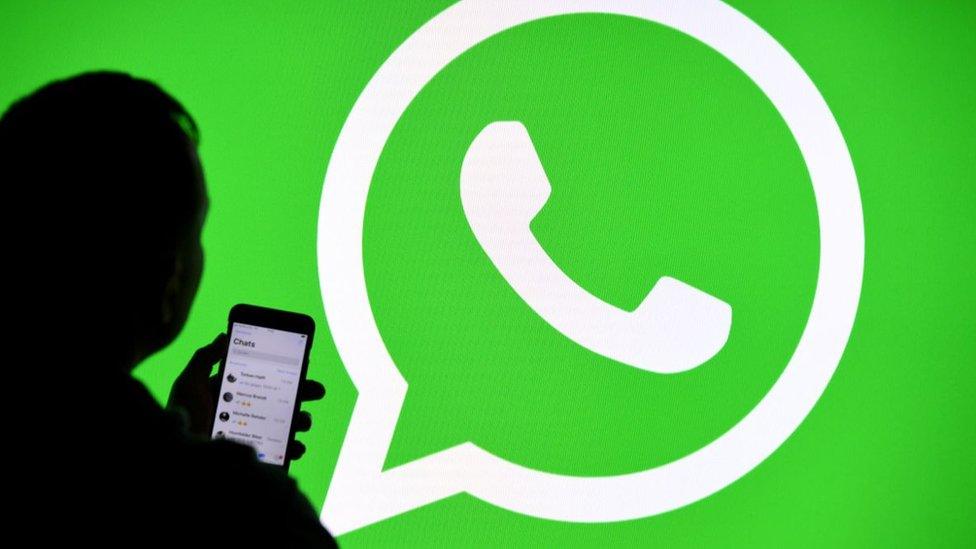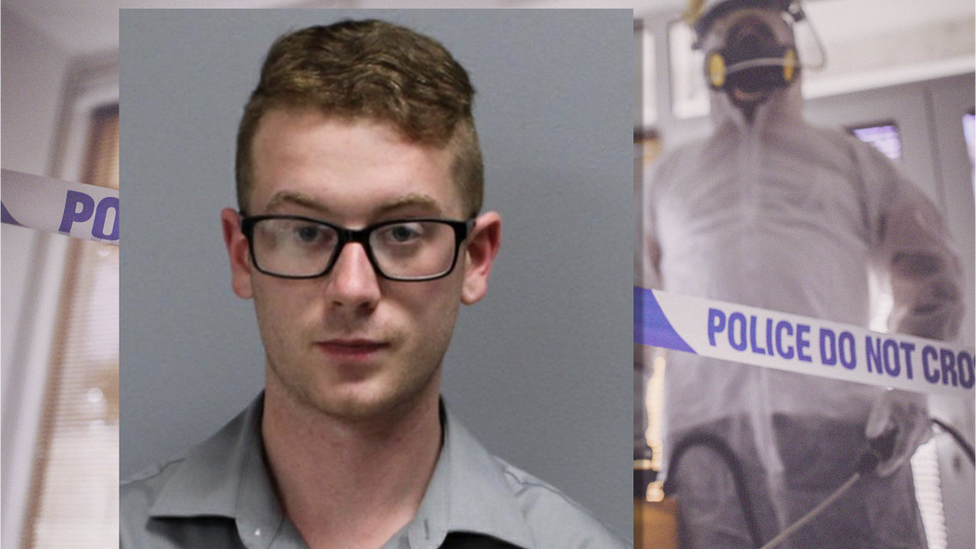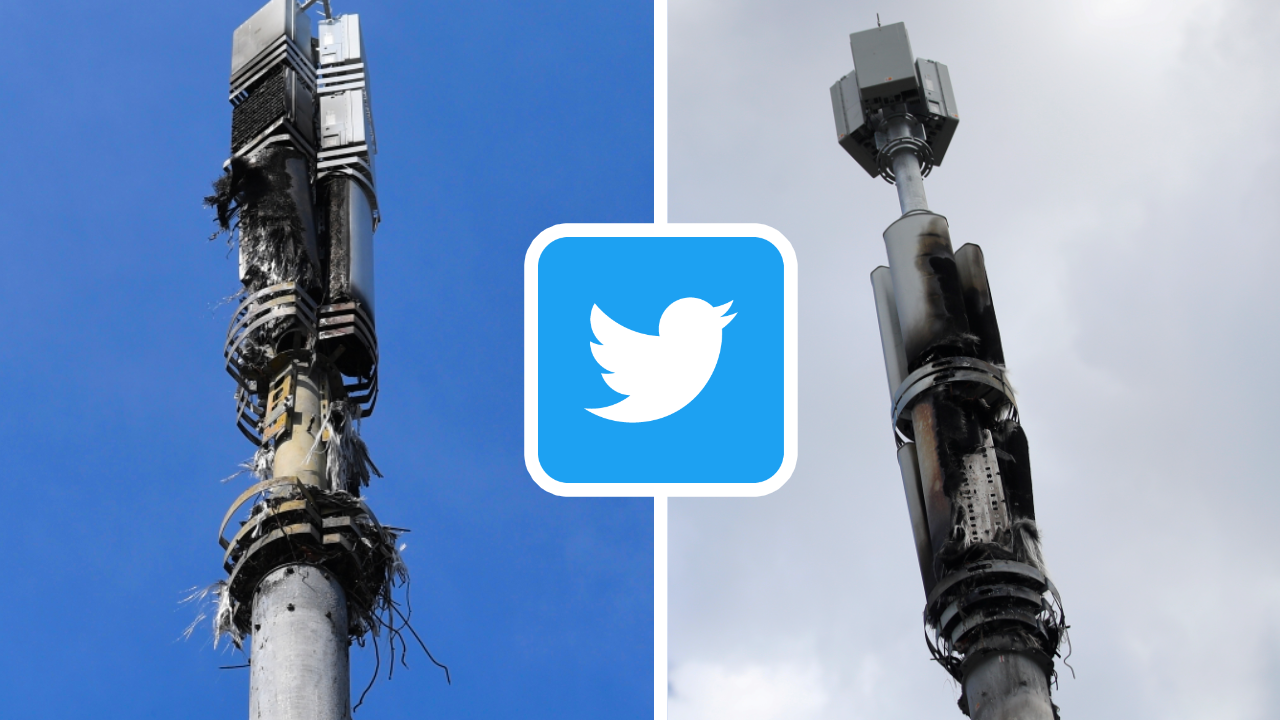Coronavirus: Viral WhatsApp messages 'drop 70%'
- Published

WhatsApp introduced measures against misinformation in April
WhatsApp says it has seen a drop of 70% in "highly forwarded" messages - the kind that may spread misinformation about the coronavirus.
The World Health Organization has said the spread of fake news about the outbreak is an "info-demic".
And two weeks ago, WhatsApp stopped messages sent between individual users five times or more then being posted to more than one chat group at a time.
But experts say it still has more to do in the battle against misinformation.
“WhatsApp is committed to doing our part in tackling viral messages," a spokesman for the messaging platform said.
"This change is helping keep WhatsApp a place for personal and private conversations."

Past the peak of viral WhatsApp misinformation?
By Marianna Spring, specialist disinformation reporter
WhatsApp has been key to the spread of misinformation during the pandemic.
Concerned friends and relatives have used private group chats to forward on dodgy lists of medical advice or speculation about government plans, “just in case” they could be useful.
WhatsApp and private-messenger channels are much more difficult to monitor than Facebook, Twitter or YouTube - we rely on others flagging concerning messages.
But it seems like we may have passed the first peak of viral WhatsApp misinformation.
When messages tell you there will be tanks on the streets and they don’t show up, you start to doubt them.
But that's not to say we won’t see another wave of misleading information as speculation begins about the easing of lockdown - and what happens next.

Center for Countering Digital Hate chief executive Imran Ahmed told BBC News: "More needs to be done by social media giants such as WhatsApp.
"There is still a vast amount of misinformation on the platform.
"The 70% figure seems to mask a lot of complexity on a topic where the nuance is critically important.
"What metric are they using for that?
"In a time when people cannot meet face-to-face, the misinformation crisis is being entirely driven by social-media spread."

A SIMPLE GUIDE: How do I protect myself?
AVOIDING CONTACT: The rules on self-isolation and exercise
HOPE AND LOSS: Your coronavirus stories
LOOK-UP TOOL: Check cases in your area

- Published24 April 2020

- Published23 April 2020
